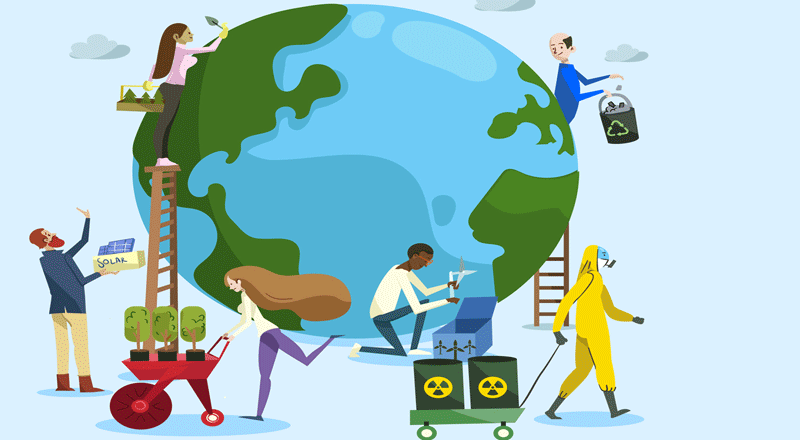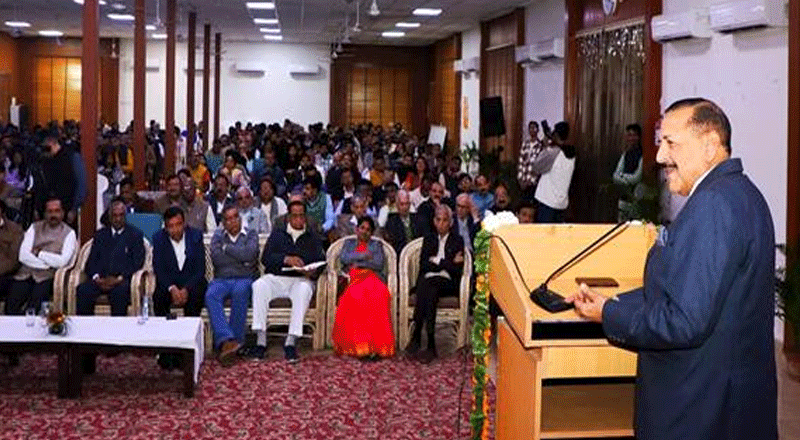National: Tetra Pak unveils howCovid-19 has made consumers rethink the way they live, and fundamentally shift how they act in the latest Tetra Pak Index report. The pandemic has reinforced the value consumers place on human connections, considering both time spent with family at home, and with extended circles outside it. Shared food and beverage experiences play a key role in these relations.
Fundamentally, the personal, economic, and environmental fragility experienced during the global pandemic has created a shift from concern to active caretaking, and a desire to take action to keep ourselves, our food, our communities, and the planet secure. Food safety and security are top priorities too, with the pandemic shining a spotlight on health and highlighting weak points in our food systems. Worries about the environment are very strong, with pollution and plastic litter in the ocean as the joint top worry (83%) and Global warming closely follows, cited by over three quarters (78%) of consumers across nine countries. This sits ahead of food waste (77%) and food accessibility (71%). Meanwhile, nearly half (49%) of the global population are now recognising the impact that everyday choices have on the environment.
Praneeth Tripurari, Marketing Director, Tetra Pak South Asia comments: “This year’s Tetra Pak Index reveals how consumers are adjusting their lifestyles in practical, everyday ways to make a positive difference, as they seek a more resilient and sustainable future. Traditional ‘back-to-basics’ values like home cooking, family meals, and reducing waste are increasing. The pandemic has strengthened responsible consumption as a significant trend, with greater demand for action throughout society. Interestingly, in India, we’re seeing an aggressive shift toward a more holistic approach, with health and wellness emerging as a means of remaining safe and resilient. Functional meals, particularly those that enhance the immune system, are gaining popularity.”
“UN has already designated the 2020s as a “Decade of Action,” highlighting the need of taking action now to prevent further damage. As a firm with a clear purpose and a worldwide industry leader, we are dedicated to doing our part moving forward. The food systems throughout the globe, we think, must be transformed to fulfil societal demands while also increasing food security and decreasing the strain on natural resources at the same time. Therefore, we want to concentrate on three critical areas: expanding access to safe and nutritious food, decreasing waste and food loss, and developing value chains with more sustainability.”
KEY TREND 1: Habits- Home redefined
Consumers today are focusing on their living spaces in ways they weren’t before the pandemic. Over 60% of global respondents say they are cooking at home more and 20% expect to continue to do so post-pandemic – especially younger age groups. The ability to control nutritional content and food safety, and quality are some of the key factors that has led to overall behavioural change amongst consumers. Significantly, the COVID-19 pandemic that initiated conscious decision making has also put a lot of emphasis on one of the alarming issues of food waste: nearly three-quarters of global respondents try to minimise this while cooking. In-home meals are on the rise because of the increased desire for convenience, which presents potential for packaged goods.
KEY TREND 2: Health – From protection to prevention
Consumers are adopting a more holistic, complementary approach to safeguarding their health and well-being. This includes a stronger emphasis on mental health, the use of functional foods to strengthen the immune system and gut health. Indian households have been including natural foods and immune nutrition in their diets as essential over the years.
Across the two dozen categories we assessed, natural emerged as the #1 reason for consumption, together with the effectiveness of the solution and providing the right nutrients. More than half of global respondents in our research this year say they are increasingly choosing products that support the immune system, rising to around two-thirds in Nigeria (68%), India (67%) and South Africa (65%).
KEY TREND 3: Environment – Bigger than ever
Concern for the environment has continued to broaden to include wider sustainability issues, notably around society, with a heightened focus on community and social justice. Climate change in the post-pandemic economic recovery – rising significantly higher in emerging markets, notably India (81%) and China (80%). Therefore, consumers increasingly look for brands to be transparent and provide them with the information they need to enable informed, responsible choices. Over a third of consumers say they are choosing brands based on their sustainability credentials more now than they did before the pandemic. As a result, Consumers are being more proactive as a result.
Since the start of the pandemic, consumers have experienced sweeping, rapid change, and made many sacrifices. What is clearly here to stay is that consumers are taking actions in their own lives to build a more sustainable future and expecting companies to do the same – as well as helping them in this mission.





